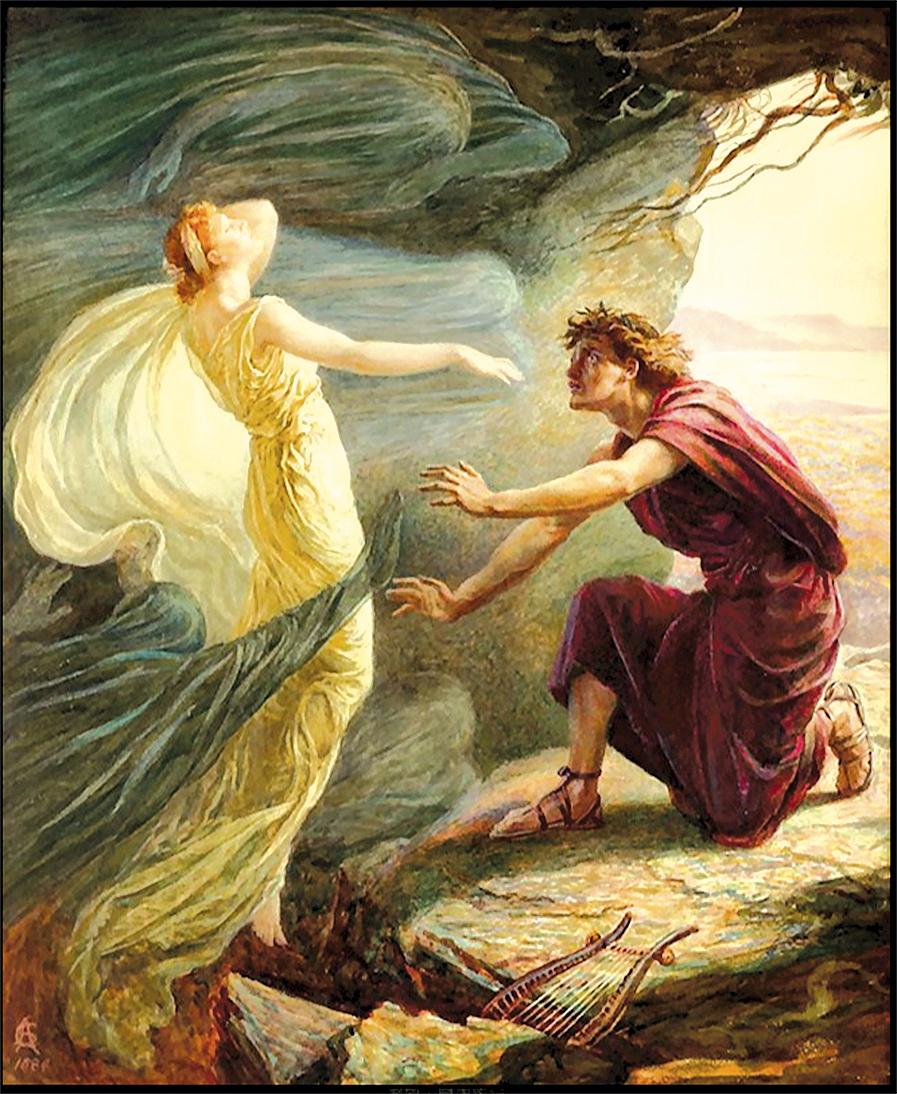By Yvonne Wright • The Current Contributing Writer
Love… is that feeling of emotional fragility and spiritual elevation that can motivate a person to do anything and sacrifice everything for the betterment of a loved one, without whom his/her life seems incomplete. It is a feeling best expressed in action, but at times a difficult one to differentiate from romantic affection, strong physical attraction or obsession – commonly described in physical terms as hunger or thirst.
Love is what makes life worth living and has been experienced across cultures and throughout the span of human existence, but the ultimate beauty of love is manifested when demonstrated unconditionally.
The famous words Amor vincit omnia (Love conquers all) written by the ancient Roman poet Virgil (a.k.a. Vergil), set forth a romantic notion of the “happy ever after.” And yet, Western culture is rich in fairy tale examples of star-crossed lovers, immortalized in poetry, music, and visual arts, as if an unhappy ending to a love story was requisite for its everlasting fame, while many of history’s happy relationships fade into obscurity.
Art needs drama, therefore various tragic love stories permeate the most beautiful works in Western literature. Thanks to them, we are now familiar with the adventures of celebrated couples such as: Paris and Helen, Cleopatra and Mark Antony, Lancelot and Guinevere, Tristan and Isolde, Romeo and Juliet, Elizabeth and Mr Darcy, and Anna Karenina’s love for Count Vronsky.
Perhaps less familiar today is the story of Orpheus and Eurydice, which is one of those spectacular tales of love conquering death that has inspired centuries of visual and performing arts. Ever since this ancient Greek legend took its roots near today’s town of Leptocarya at the foot of Mount Olympus and spread wide across the Mediterranean Basin, reaching as far as Tunisia in the south and Jordan in the east, its regional modifications have spun cautionary tales of one husband’s heroic attempt to retrieve his wife from the bowels of the Underworld, deep within the Earth (where departed souls went), but cruel fate defeats his efforts.
Ancient myths are rich in stories and adventures of gods, goddesses and god-like heroes who were worshiped, feared and celebrated by ancient peoples. Among these was Orpheus, a legendary Greek poet, singer and lyrist, the son of the god Apollo (according to some versions) and the beautifully-voiced muse Calliope, who endowed their son with supernatural musical skills, plus the gift of a magical lyre.
As the story goes, when Orpheus sang, “nothing could resist his beautiful melodies, neither enemies nor beasts.” With his music, he could coax the trees and rocks into dance, have a flock of birds circle above his head in joyous exaltation, the fish would pop out of the sea, and rivers would divert their currents in wonderment of his music. When Orpheus joined another legendary hero, Jason and his fifty Argonaut sailors in search of the Golden Fleece, he was able to save them from the alluring but deadly sea creatures, the Sirens, by defeating them with his own, even more powerfully enchanting voice.
Orpheus fell in love and married Eurydice, a woman of great beauty and virtue, with whom he lived happily, but only for a short while. Their happiness was cut short by Aristaios, a friend of Orpheus, who one day saw Eurydice dancing in the woods and, beguiled by her beauty, attempted rather unwanted advances. Eurydice managed to escape, but in the process of fleeing, she accidentally stepped on a snake, was bitten and died instantly.
Overcome with grief beyond consolation, and on the advise of his father Apollo, Orpheus decided to make a perilous journey down to the land of the dead, in an attempt to bring his beloved wife back to life. He was confident in his musical ability to reverberate the Underworld, and it did.
First, Orpheus tamed the ferryman Charon and his monstrous three-headed watchdog, Cerberus, the guardians of the River Styx. Then, his music touched the hearts of Hades, ruler of the Underworld, and his queen Persephone, the strict judges in the affairs of the dead. Hades was often depicted as a stern and pitiless king, unmoved by prayer or sacrifice and yet, he couldn’t resist the exceptional musical talent of Orpheus.
And so it was decided, Eurydice would be permitted to return back to the land of the living, but under one condition: on the way back to earth, she would follow behind Orpheus in the shadows through the deep caves of the underworld, while Orpheus was forbidden to look at her, trusting Hades with his wife’s return. If patient, Orpheus would have his wife back by his side again, but if he turned to look at her before the light at the end of the tunnel was reached, Eurydice would be lost forever.
Naturally, Orpheus was delighted with the arrangement, considering himself a patient man, and immediately proceeded to ascend back into the world of the living. After a while however, unable to hear any footsteps behind him and tortured with ever growing fear and suspicion, although only a few steps away from the exit, Orpheus could resist no longer and turned back to make sure his wife was still following him. In that very moment, before Eurydice could take her final steps into the light, shadowy silhouettes whisked her away, back to the Empire of the dead – this time, to remain there forever. There was no going back, nor pleading for another chance, because by the law of the Olympian gods, no living person was allowed to enter the realm of Hades twice.
Henceforth, crazed with grief, and for the rest of his life, Orpheus remained distant from the beautiful women who tried to console him, and wandered aimlessly in the forests of Greece, playing mournful songs with his lyre. Following Orpheus’ death, his musical instrument was placed in the heavens by Zeus as the Lyra constellation, best visible at 9 p.m. during the month of August.
In modern times numerous films, theatrical plays and musicals have been inspired by this ancient myth, among them: Black Orpheus, a film by Marcel Camus (1959); Orpheus Descending, a play by Tennessee Williams (1957); Orpheus, an opera by Georg Philipp Telemann (1726), and Orpheus and Eurydice, a rock musical by Alexander Zhurbin (1975) which in 2003 was included in the Guinness book of records for the number of times played.
In the poetic watercolor Orpheus and Eurydice by Catherine Sparkes (1842-1910), the 19th century English painter who took most of her inspirations for paintings from poetry, novels and plays, chose to depict the dramatic moment of Orpheus’ fatal decision to look back. In that momentous instant he found his perfect love and then lost her again to become forever incomplete and hollow.
Sparkes intuitively narrates humanity’s deeply seeded longing for happiness, unconditional love, spousal loyalty, commitment in marriage and virtue, while at the same time cautioning her audience about the importance of trust. There are many love stories, and this is just one of them…
Yvonne Wright is the owner of STUDIO YNW at 100 West Broadway in Jim Thorpe. She can be reached at studio.ynw@gmail.com



























Add Comment